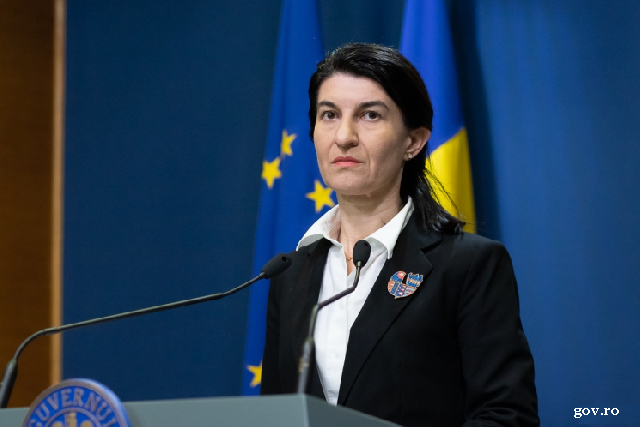Employment contracts suspended
Romania's Government and National Bank take new economic and financial measures to overcome the current crisis.

Eugen Coroianu, 23.03.2020, 13:50
As a result of the coronavirus outbreak,
the number of suspended employment contracts in Romania has risen to around
250,000. The figure was announced on Sunday by the labour minister Violeta
Alexandru, who underlined that the government is also ready to adopt new
measures depending on how the situation develops. While the figure indicates an
increase of 50,000 in the space of just a few days, the minister does not
expect any further significant increases, given the government’s decision to pay
employees whose work contracts have been suspended temporarily 75% of their salaries
out of the unemployment benefit budget for the duration of the state of
emergency. She says all applications will be assessed, so that the sectors in
need of additional support will be catered for. According to an employment inspectorate
report, there were 5.6 million active employees in Romania at the end of
February.
The National Bank has also come up with
a series of measures to help markets continue to function. At an emergency
monetary policy meeting, the central bank decided to cut the key interest rate
by 0.5%, from 2.5 to 2%. The bank’s spokesman Dan Suciu says the measures are
in line with European actions in this area and with the government’s decisions.
He emphasised that the goal is to create the conditions for a better financing of
the economy. The bank official also explained that the measures are meant to ease
the burden of existing payments for businesses and the population with regard
to regular payments and the stability of the exchange rate.
The package of measures adopted by the
National Bank of Romania also entails providing lending institutions with
liquidity in the form of reversable operations involving state bonds, so as to
ensure the smooth functioning of the monetary market. Another measure taken has
to do with the purchase of state bonds in the Romanian currency from the
secondary market in order to consolidate the structural liquidity of the
banking system, thereby contributing to the financing of the real economy and
the public sector. The National Bank of Romania also says in a statement that,
where necessary, it may reduce the level of obligatory minimum reserves of lending
institutions for liabilities in both the national and foreign currency.
The president of the Fiscal Council Daniel
Dăianu says the National Bank of Romania has adopted measures that are tailored
to the current difficult situation and in keeping with measures being taken elsewhere
in the European Union. He says Romania and other countries not part of the Eurozone
should benefit from special arrangements with the European Central Bank, something
other countries benefited from in 2009. Dăianu also emphasises that the banking
system should support the Romanian state in preventing capital flight. (Tr.: CM)






























